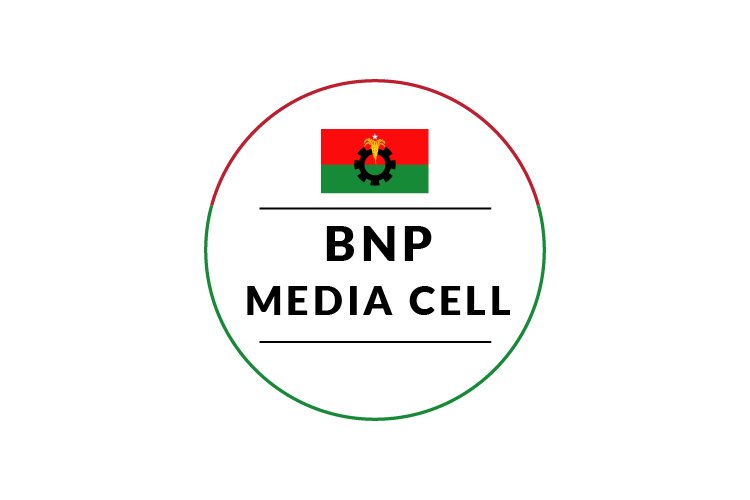With the increasing number of imports, the decreasing trend in remittances and export receipts, and a continuous debt build-up, Bangladesh’s balance of payments (BoP) deficit situation is expected to worsen significantly in the current fiscal year compared to what the central bank had earlier predicted. Several banks in the country refused to open Letter-of-Credit for new exports due to the dollar crisis. The severe import restriction is projected to hit economic growth in the coming months since many of the restricted imports are vital input to different industries.
As a desperate measure to contain the crisis, Bangladesh sought a $4.5 billion loan from the International Monetary Fund (IMF) over a three-year period and US$1 billion from the World Bank. Despite the ruling regime’s grandiose promises, Bangladesh has been experiencing an economic setback since mid-2022. Prices were hiked as inflation increased, foreign reserves were depleted, and the banking sector saw unprecedented irregularities and corruption. According to the World Economic Forum, Bangladesh will continue to face sustained inflation, debt crises, and severe commodity price shocks in the coming years.

